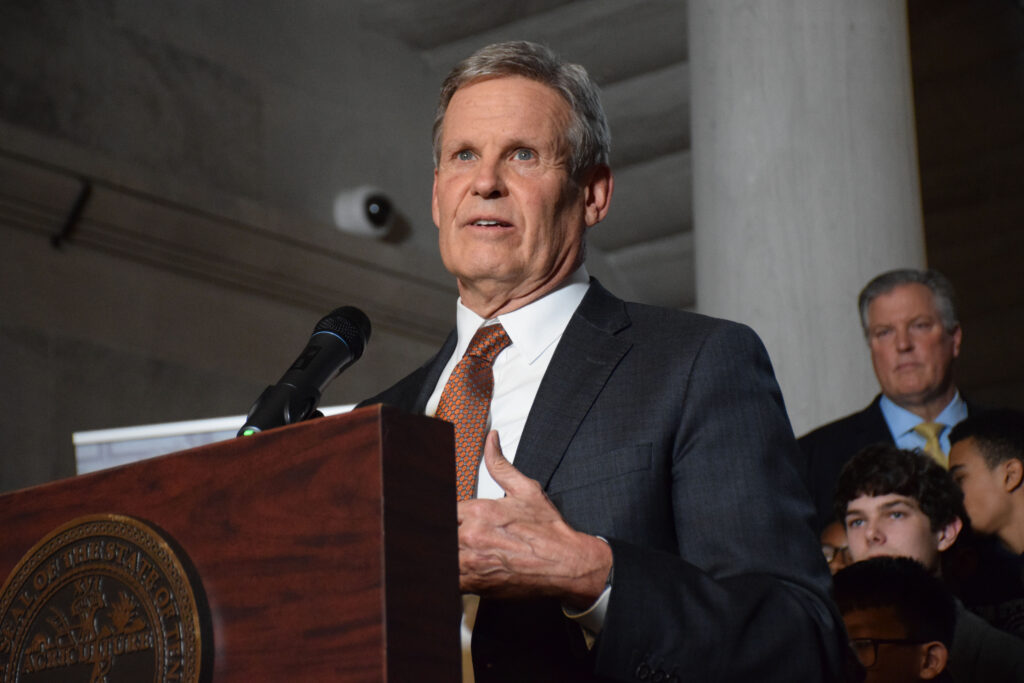
The Tennessee General Assembly approved a $60 billion budget Wednesday, as federal funding cuts put a large portion of that money at risk.
Lawmakers put $4 million of state funds toward local health departments to offset cuts from the Centers for Disease Control and Prevention, and $78 million for local hospitals.
The Tennessee statehouse also changed course from some of the governor’s initiatives, removing a proposed $60 million fund to help first-time homebuyers and reducing the money going toward preserving the Duck River — the drinking source for 250,000 Middle Tennesseans.
The river is one of the most endangered rivers in the country, as surrounding towns and businesses draw more and more water from it.
Instead, that money is going to other initiatives, including an increase in the state attorney general’s budget and $3 million to audit Memphis schools, as part of an ongoing movement for the state to supersede local control in the city.
In committee this week, Sen. Jeff Yarbro, D-Nashville, questioned the $4.5 million increase in the budget for the state AG. Yarbro said that in the past six years, the AG’s office’s budget has doubled, while its caseload has decreased by half.
On the Senate floor Wednesday, Yarbro submitted an amendment to slash $150 million in funding for the governor’s statewide school voucher program, arguing that the economy has taken a downturn since lawmakers approved the plan during a special session earlier this year.
“I don’t think it’s a responsible time … for us to launch a new $150 million program, especially one that’s designed to grow by tens of millions of dollars each year,” Yarbro said. “We could do universal pre-K for 4-year-olds for that amount of the money. I still wouldn’t be for doing that this year on this budget, because it’s not a responsible thing to do.”
Sen. Jack Johnson, R-Franklin, argued that the voucher program is a priority.
“We are doing a lot for public education,” Johnson said. “We will continue to support public education, but while we do that, we’re also going to empower parents whose children are not being served by their public school system.”
The proposal ultimately failed, and the budget passed nearly unanimously, with Yarbro as one of two no votes.
The budget also includes:
- $1 billion for road infrastructure
- $26 million for disaster relief from Hurricane Helene
- $62.7 million for K-12 infrastructure
- $42.5 million for emergency and community services

